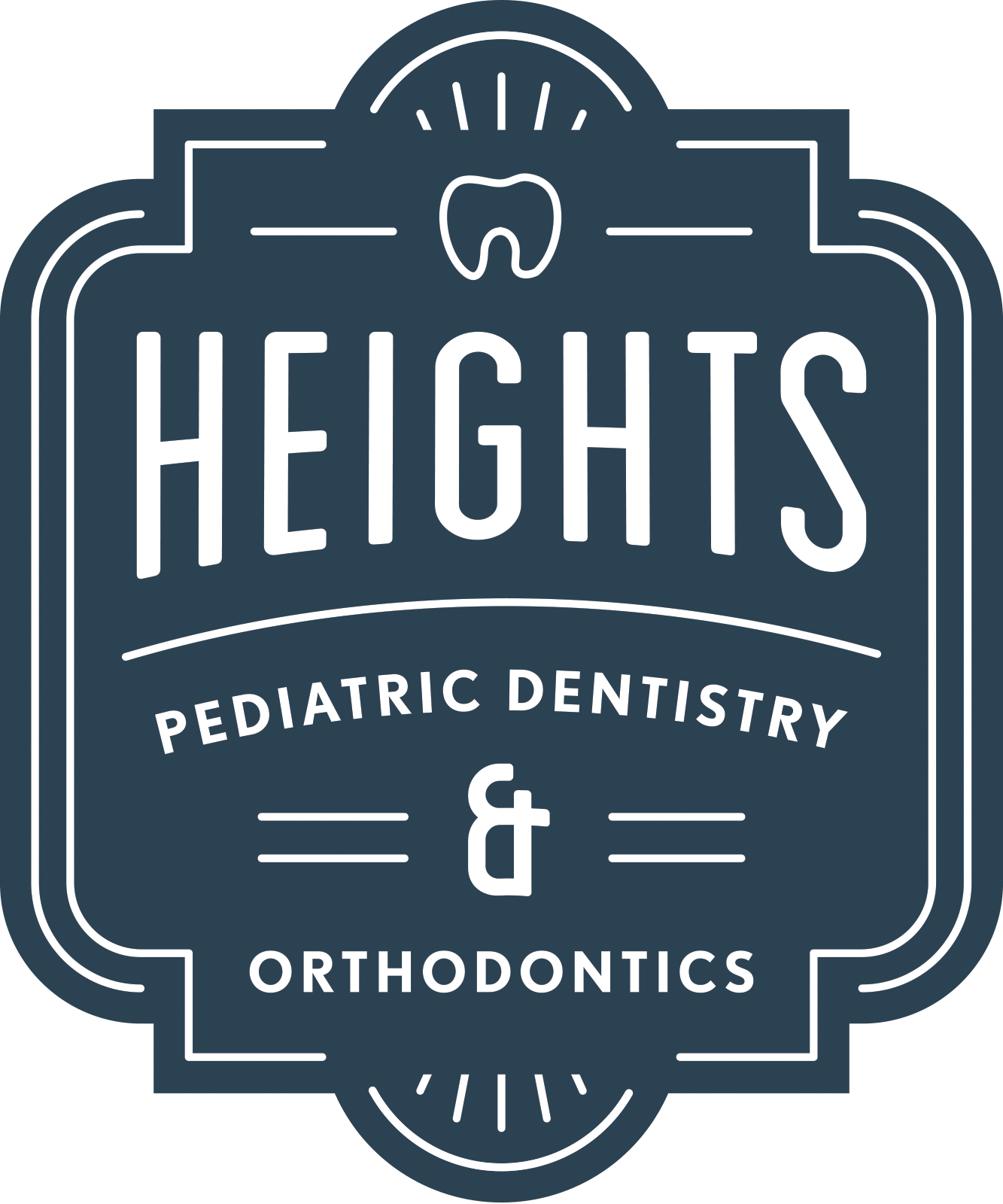Hard Dental Habits to Break
/All of us, no matter the age, have some form of habit or another. Habits are part of our everyday lives whether we are awake or asleep. Some are good and others are meant to be broken. For example, brushing and flossing your teeth are great habits that we love to hear from our patients on a regular basis. But we’re not here to discuss the good habits, but rather the habits that should be broken, specifically thumb sucking and prolonged pacifier use.
Simply put, it only takes pressure and time to move teeth. That’s the same with orthodontic treatment and even these habits. Therefore, the worse the habit, the more pressure it puts on the teeth and more movement of the teeth it causes. In our eyes, these habits are bad because they can have lasting effects on your teeth and mouth when the habits are prolonged.
These specific habits put pressure on your upper front teeth (incisors), which causes them to move forward and become flared looking. In addition, there is a narrowing effect on your upper jaw near the molars which can cause crossbites of those teeth. Crossbites are certainly serious in our eyes but correctable with early Phase I treatment.
Our patients’ overall dental health is very important to us, which is not limited to just cleanings and cavities. Habits that can affect the teeth are equally as important. We follow the recommendations of the American Association of Pediatric Dentistry (AAPD) regarding finger and pacifier habits. According to the AAPD “Introducing a pacifier may be beneficial in helping premature infants develop the sucking reflex, offering comfort and soothing, providing an analgesic effect during minor invasive procedures, decreasing the incidence of SIDS, and preventing a persistent finger-sucking habit. However, a prolonged pacifier habit after 12 months of age can increase the risk of acute otitis media. Pacifier use beyond 18 months can influence the developing orofacial complex, leading to anterior open bite, posterior crossbite, and Class II malocclusion.”
Pacifier habits can be easier to stop because you can remove them from your child therefore thumb habits may be even harder to break. We recommend stopping thumb habits by the time the first permanent teeth start to erupt, or around 5-6 years of age for most patients.
During our initial exam, we will discuss these habits and diagnose any issues that they have caused. The most important of which is to help your child stop this habit so the detrimental effects will not continue. The good news is we have many tips and tricks to help motivate your child to stop their habit! Or if those don’t work, we can place an appliance to help the habit cease. Our team is well trained to discuss these habits with you and help guide you through the process to help break that habit once and for all!
If you have any questions about how to relieve your child’s teething symptoms, call us at Heights Pediatric Dentistry & Orthodontics, 713-861-4000!
Dr. Lindhorst, Dr. Darsey, Dr. Theriot, Dr. Gavri and the Heights Pediatric Dentistry and Orthodontics Team
